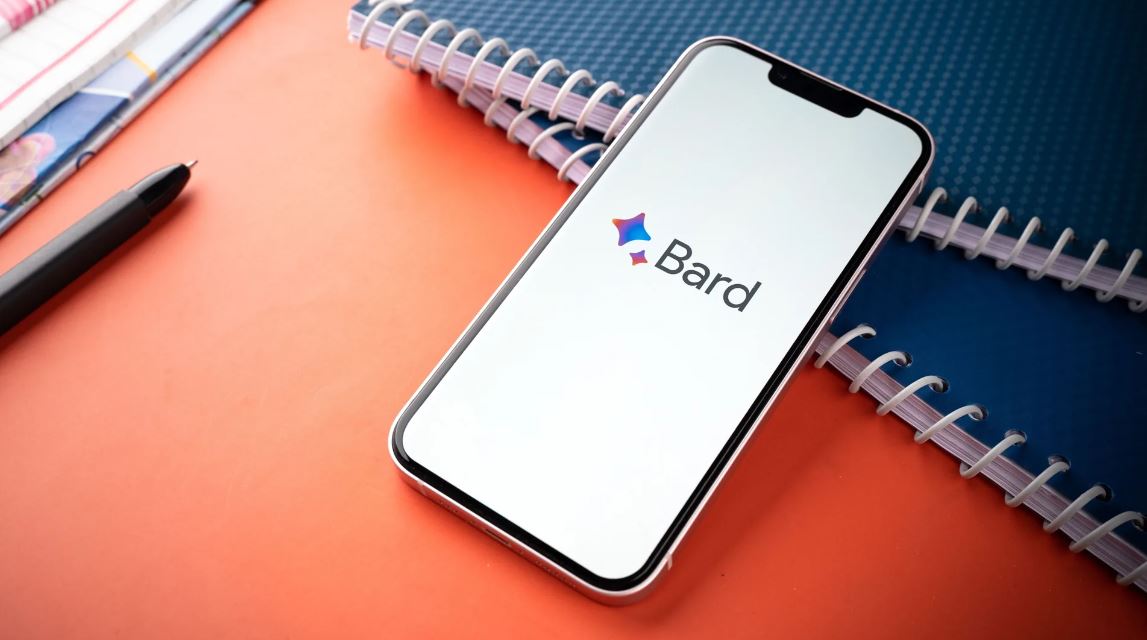Google Bard can now respond to your AI queries in real-time, like ChatGPT

The world of AI chatbots continues to evolve and enhance our digital interactions, and Google Bard, one of the prominent players in this field, has just rolled out a significant feature update. Now, it can respond to your queries in real-time, providing a more dynamic and conversational experience. So, what does this mean for you, and how does it compare to other AI chatbots like ChatGPT?
Real-Time Responses with Google Bard
Traditionally, Google Bard would take its time to compose responses before displaying them on the screen. This approach differed from chatbots like ChatGPT and Bing Chat, which provided text output in real-time, even as the answer was being generated. The latest update to Bard brings it in line with this real-time response model, and it’s the default setting for the AI.
You’ll notice this change when you load up Bard on the web after the update has been applied. The transition is smooth and seamless. However, if you prefer the older way of working, where responses are fully composed before being shown, you have the option to switch back. Just click the cog icon in the top right-hand corner and select “Respond once complete.”
This shift to real-time responses is primarily cosmetic, meaning it won’t change the actual quality of the answers provided by Google Bard. It’s more about the feel of the interaction, making it seem even more conversational, even if you’re still chatting with a bot.
The Advantage of Real-Time
One significant advantage of the real-time response feature is the ability to interrupt a response before it’s finished. Perhaps you’ve phrased your query in an unclear way, or you can see that Bard is veering off-course in its answer. With real-time responses, you have more control and flexibility in steering the conversation in the direction you want.
It’s noteworthy that Google Bard is now adopting a similar response approach to ChatGPT and Bing Chat, which have always operated in real time. While the method of response is crucial, what ultimately matters is the quality of the answers provided by these AI engines.
Bard’s Evolving Capabilities
Google Bard isn’t just stopping at real-time responses. The AI chatbot continues to receive updates aimed at enhancing its functionality and making your digital experience even more efficient. In a recent series of upgrades, Bard has improved its ability to summarize emails, reducing the overwhelming clutter in your Gmail inbox.
With Bard’s latest capabilities, users who access its Workplace extension can now enjoy the convenience of summarizing multiple emails at once. This feature provides a quick overview of your messages, sparing you the need to sift through your entire inbox. It’s a small yet meaningful step to enhance the quality of your workspace and make your email management more seamless.
In addition to email summarization, Bard now also offers the ability to display images in shared conversations, adding another layer of visual context to your digital interactions.
In Conclusion
The introduction of real-time responses in Google Bard is a significant step forward, making your interactions with the AI chatbot feel more fluid and dynamic. It’s a shift that aligns Bard with the real-time response model used by other chatbots like ChatGPT and Bing Chat. While the method of response is interesting, the true measure of these AI engines lies in the quality of the answers they provide.




